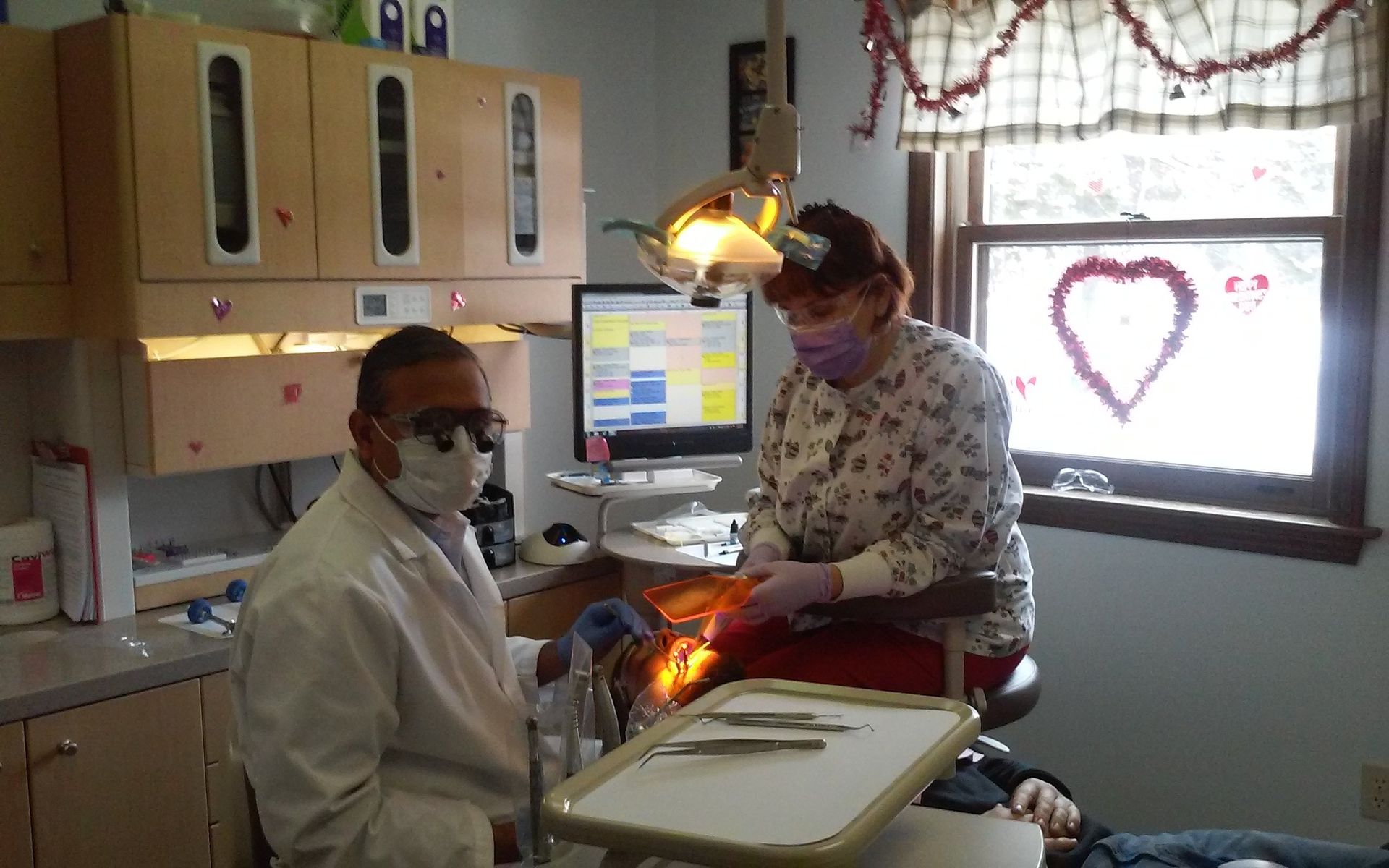Do I Need a Root Canal?

Signs You May Need a Root Canal
Having a dental procedure done is never a fun experience, and it can be uncomfortable and even painful depending on what issue exists. One of the more feared procedures among patients is the root canal – a procedure that replaces the infected pulp inside the root of a tooth with another material. Root canals are most often a required procedure for those who have deep decay within their tooth, and there are some tell-tale signs that may indicate that a root canal is needed.
One of the most distinguishable signs that a root canal may be required is when deep tooth decay reaches the “pulp chamber” of the tooth. While it may be hard or even impossible to see this happen, patients can definitely feel the pain associated with this happening. It is not uncommon when the pulp becomes infected for patients to experience acute or “horrible” pains that begin very suddenly. This is caused by the living tissue inside the tooth dying along with the nerves. However, just as quickly as the pain begins, it usually dissipates or completely goes away within a period of two to three days.
The acute pain that patients experience when the infection reaches the tooth’s pulp chamber can be almost unbearable and is often described as “excruciating.” Since this is caused by an inflammation of the tissues in the tooth, over the counter pain killers such as Ibuprofen can be helpful in managing the pain, though they will not take the pain away – this usually requires a prescription pain killer that is administered by a dentist or a specialist for root canals known as a endodontist.
While this acute pain will likely go away when all of the tissue inside the tooth dies, the infection will remain and cause further problems. Should the issue not be resolved, the infectious bacteria will move along the tooth’s root and into the bone – this is when patients will begin to feel the root when they bite down on the infected tooth. Secondary pain is then transmitted through the nerves that live in the periodontal ligament and the lining of the membrane that attaches the tooth to the bone.
If this is left untreated, it could potentially cause an acutely painful or chronic abscess, which is a much longer standing, “silent” infection that can cause a myriad of problems if undetected or left untreated. Root canals, for this reason, should be done as soon as possible or when an endodontist believes it is the right time to have the procedure done in order to prevent any future issues.











